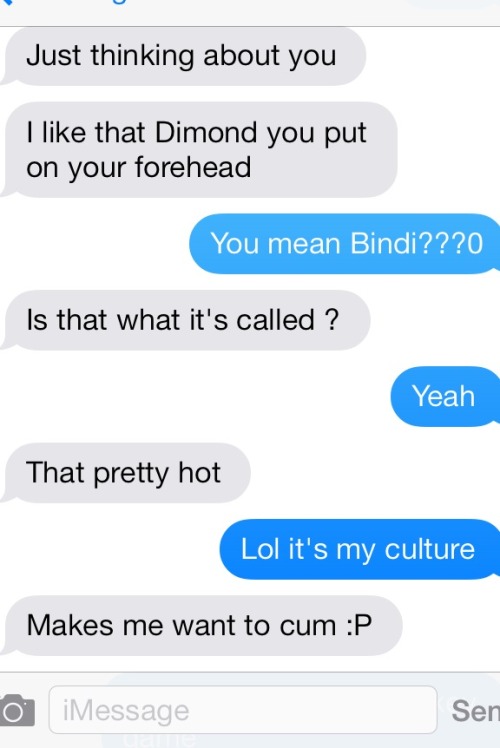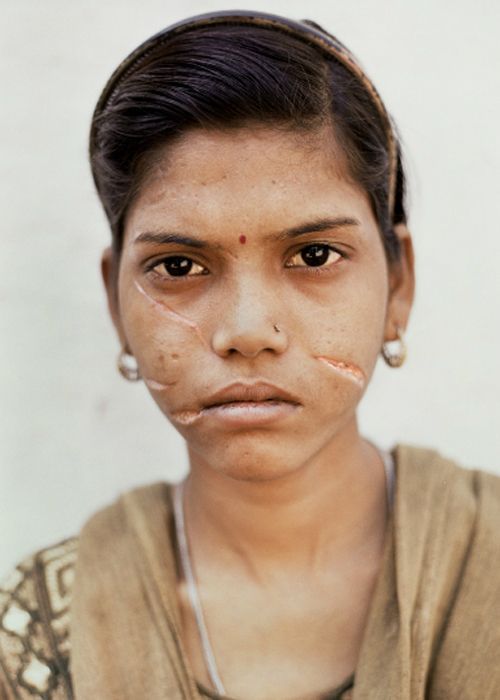 I hate when girls are complimented for only their appearance.
I hate when girls are complimented for only their appearance. Their outside is just a shell. The real treasure is inside. Life should be about living, feeling, taking risks, falling in love, and discovering your passion. Sometimes I feel like there is so much of "me" that it cannot be contained. It is like opening a small shed and finding the universe inside. But girls are only complimented on the shed, whether it was repainted, what shape it is, etc.
That's why I think that women should make it a habit not to give extreme attention to their appearance. The reason men are ahead is because they are valued for what they have inside, not what they look like. Because society doesn't judge them based on their appearance, they have more time to cultivate their internal self.
Does that mean that women shouldn't care at all about their appearance? It would be helpful to the most obsessed women, who do unnecessary surgeries to get themselves to a perfect "ideal" image (which doesn't exist because everyone's idea of beauty is subjective, not what popular culture is shoving down our throats.)
But it is also important to take care of our bodies, because they give us life. The body should get proper exercise, nourishment, sunshine, and water. These things will keep the body healthy. So do I think it's a sin if some people are vain and exercise solely to make their body look good?
Of course not. Each person has the right to freely express and be proud of their own body. The only thing is...they should be able to do in their limits. If women want to expose some cleavage, then that is totally fine. She can do that, but she needs to be comfortable in her own sexuality. There is a difference between being sexy for men, and being sexual for yourself. She should be able to define what she is. As long as the woman knows that her appearance is only a small part of who she is, not everything.
Actually, the inability to see women beyond their physical form is what is limiting them from achieving equality with men. They are not treated as "real" human beings. Human beings have complexity, feelings, intelligence and ideas. If men ignore all that, and focus only on the appearance, women will understandably be upset.
The message that is sent, is that women's ideas are not important, and even somehow inferior. The fact that religious places also support this idea makes it official. In the Bible, women are referred to as "helpmates" of men, never their own wholes. In the Quran, women who are "disobedient" are raped and beaten. Women's ideas are not heard. The word male will always be before female. The history she learns is not hers.
Women are depicted as smaller, although there is not much of a difference. If there are equal male and females in an environment, the public will think there are more women than men because historically there has only been 1 or 2 places for women, and sometimes not at all. From the moment they are born, they are assigned a specific personality and way to behave. Their parents are more careful of them, not letting them take risks and explore. Pink is shoved down their throat, even though it is obvious that not EVERY SINGLE GIRL will like pink. They are told not to scream, to sit properly, to be quiet, to shrink and make themselves small. Essentially they are taught that they are ornamental property to men around them. First their father, then their husband, then their son.
What's worse is that girls who are fortunate enough not to be forced into gender roles are considered strange. When they climb trees, play in dirt, scream loudly with happiness, and are aggressive they are seen as "tomboys" and similar to boys. Actually, this kind of freedom is not gender specific. Children need natural stimulation to develop their brains and know the limits of their bodies. It should be a right given to all children, for curiosity and adventure are human qualities, not relegated to sex.
Instead, these "tomboys" are scolded for not behaving like a "lady". There is enormous pressure from society and parents to see their child as normal, not an anomaly. Gradually, the girl is desensitized. She is forced to behave in an acceptable way, being quiet and small and pretty. She learns she has to be pretty for a prince to come save her, and that is her life's goal. Indeed, it is a lobotomy of her mind and freedom. She goes into the construction belt that produces identical girls who speak demurely and are shy.
Her menstruation is seen as dirty, therefore she is seen as dirty. Her breasts are seen as immoral and sexual, and she is told to hide them. She is seen as a bearer for children-she was checked in ancient times if she had big hips to help her with childbirth. Her sexuality is non-existent, she is only told to be a virgin for her husband--her "purity" is constrained and controlled. Sometimes, she will go to balls with her father where she wears a ring and promises her father to be pure for her husband. She is not an individual. She is property to be passed around. That is if she behaves--if she is sexually active, she is labelled as a slut and repulsive.
All throughout her life, she sees representations of men, but never her own sex. When they do come up, they are ornamental objects that are sidekicks, but never the main hero. She finds out that women are mistreated all over the world. In some countries, they have to wear long cloths in over 100 degree heat, only so men don't rape them. In others, they are not allowed to read or write, or sing and dance. Those women are not allowed to drive, either. In some places, a man's three words can mean divorce for her. In others, she is not supposed to be "over-educated" when she marries, so her in-laws can have a meek and obedient daughter in law that doesn't know her own rights. In some places she is not educated at all, forcing her to stay with her husband even if he is abusive, because she needs him financially. In other countries, she is an eight year old who dies from being raped by her forty year old husband. Sometimes her husband will have other wives also, but she is not allowed to have many husbands.
She learns that even in her own country, "pussy" and "girl" are insults to men-except she is required to behave in this inferior role. She is told she is required to cook, even if she has never seen a pan in her life. She is told she should be nurturing, before she even knows what a uterus is. Tolerance, sacrifice, endurance. Those are the highest virtues.
She steps on eggshells around men, and is careful to behave the way they expect out of a woman. She is afraid to point out controversial opinions for there will be an immediate backlash, if she is the only one. A rage different from if a man decided to voice his opinion. Indeed, the phrase to put a woman "in her place" did not appear out of nowhere. And if she is right, the credit goes to men.
She is blamed for her clothes if she gets raped, even if she was wearing nothing provocative. And she is blamed more if she was, because the man's inability to control himself is HER fault. Never mind the fact that rape is about power, not lust. And men are told not to rape because she could be somebody's "sister, mother, or daughter". Not the fact that she is a human.





